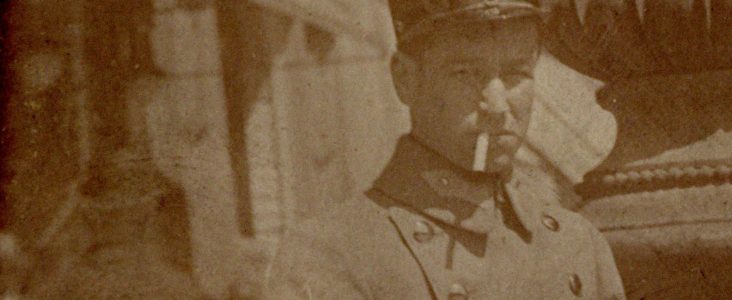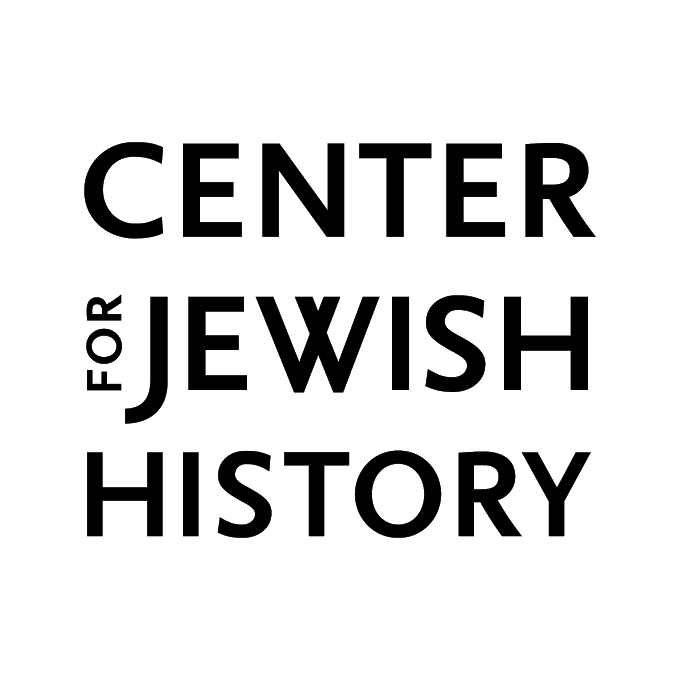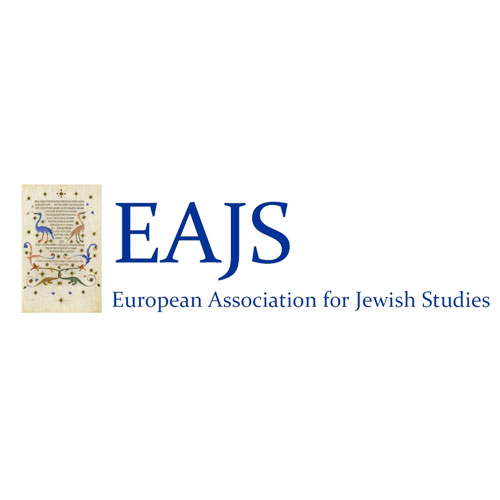
Prague Forays: Egon Erwin Kisch and Walking-as-Belonging
9 February 2021, 6pm CET
Chad Bryant (University of North Carolina) Egon Erwin Kisch, a celebrated member of the Prague Circle, first earned local fame while writing a newspaper column entitled Prager Streifzüge, or Prague Forays, published weekly...

Polish Jewish Historians before the Holocaust
23 March 2021, 6 pm CET
Natalia Aleksiun (Touro College) This seminar explores the project of Jewish history writing in eastern Europe by examining the intellectual trajectories of Polish Jewish historians and their work. It argues that history...

Slaughtering the Scapegoats: The Mass Murder of Jews and Roma in Hungary during the Last Months of World War II
27 April 2021, 6 pm CET
László Csősz (Institute of Contemporary History, Czech Academy of Sciences) In Hungarian historical awareness, wartime genocide is closely linked to the German occupation, which began in March 1944. ‘Germanizing’...

Jewish, Romani and Interethnic Families in the Era of Nationalism, Nazism and Communism
29 June, 2021 - 5 pm CET
Benjamin Frommer (Northwestern University, Evanston) Kateřina Čapková (ÚSD AV ČR) Book presentation of two volumes with entangled topics Intermarriage from Central Europe to Central Asia. Mixed Families in the...

Languages of loyalty. Revocation of Jewish citizenship in Poland and Czechoslovakia, 1938-1939
26 October 2021 - 5 PM
Michal Frankl (Masaryk Institute and Archives of the Czech Academy of Sciences) By the end of the 1930s, tens of thousands of Polish and Czechoslovak Jews received notices informing them in a bureaucratic language about...

Silenced voices. The untold stories of the “Last pogrom” in the Moravia (1918)
9 November 2021 - 5 PM
Jan Machala (Holešov Museum) The so called “Last Pogrom” in the Moravian town of Holešov in December 1918 is a relatively well known event, frequently mentioned in Czech historiography and occasionally reflected...

The DEGOB collection through a Digital Lens
14 December 2021 – 5 PM
Ildikó Barna (Eötvös Loránd University) Beginning from the early summer of 1945, employees of the National Committee for Attending Deportees (DEGOB) started to record the testimonies of deportees returning to Hungary.




























